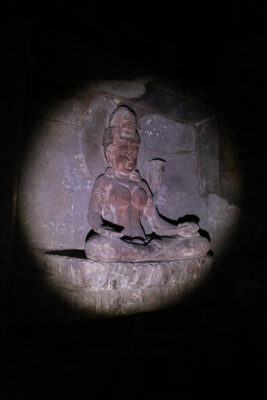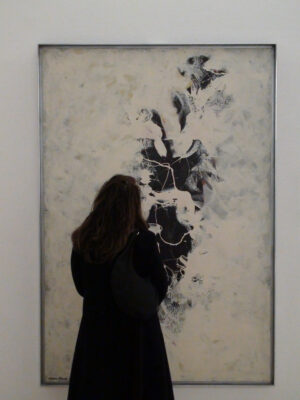Ehe basic problem of philosophy can actually be described quite quickly in just a few steps:
1) As conscious beings, we perceive the world and move in it.
2) That which is present in our consciousness as perceived is an image of an external world. I do not have the house itself that I see in my head or in my consciousness. I have an image of it present in my consciousness.
3) This gives rise to 3 central questions:
- What exactly is this world that is only given to me in images?
- How does the image that is present to me relate to the real object (the house itself)?
- Who has this image present?
Admittedly, these are not simple questions. And so the most diverse sciences, philosophies and religions are formed from these questions, because:
Science tries to find out what the world itself is like. It pretends that consciousness is not so important, as it is only a perception of something that precedes it.
Philosophy traditionally proceeds the other way round. It says that it is only due to the fact that I have a perception of the world that thinking about the world can take place at all. It therefore thinks about thinking and justifiably asks whether the way we perceive the world is not subjective and whether what I perceive can perhaps be completely different on many levels from what is the object of perception. I am not only referring here to the image relationship, but also to structural dimensions. Perhaps static objects, for example, are not static at all, perhaps we only see and measure a small part of what exists.
Religion and spirituality are essentially about thinking about who this "I" - the one who perceives - actually is, and how this "I" relates to other "I "s, where it comes from and where it goes after death.
That's all there is to it.
OM
p.s. Everything is conceivable, but philosophy doesn't like contradictions.







